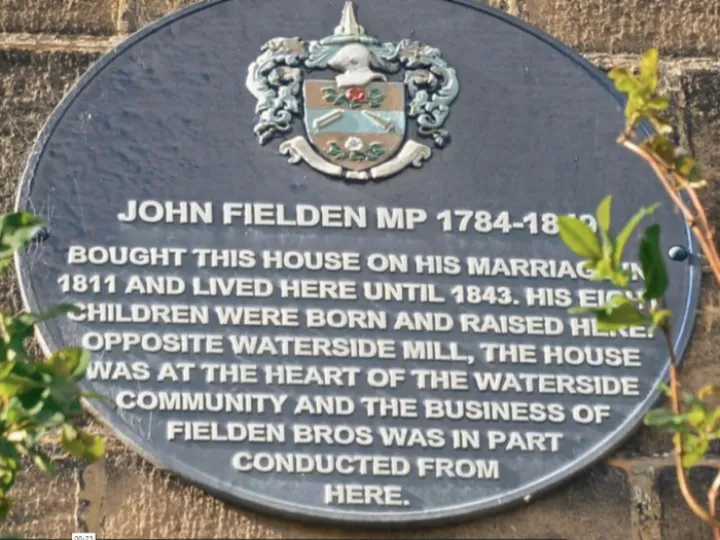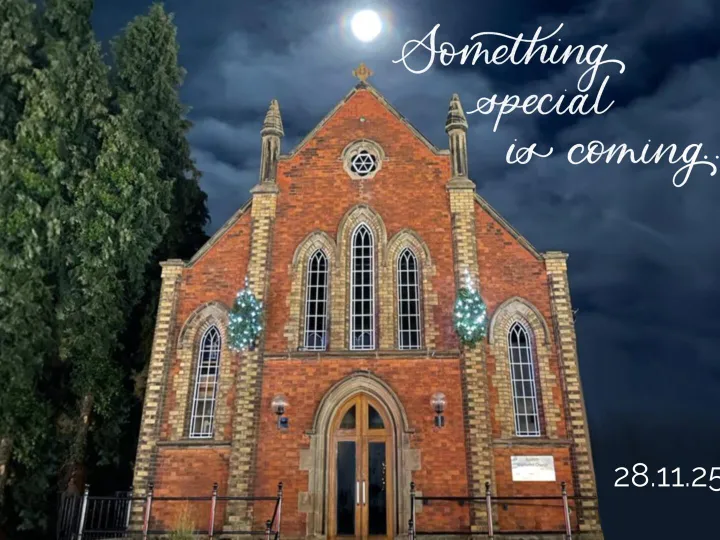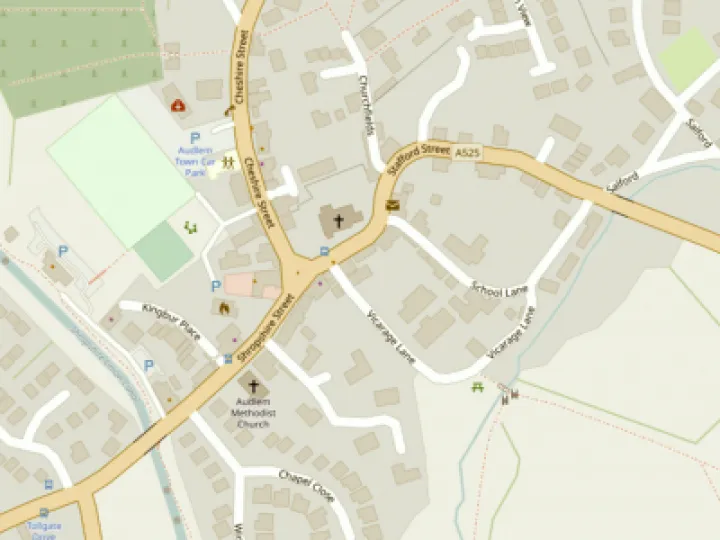Audlem and District History Society History Shorts 28
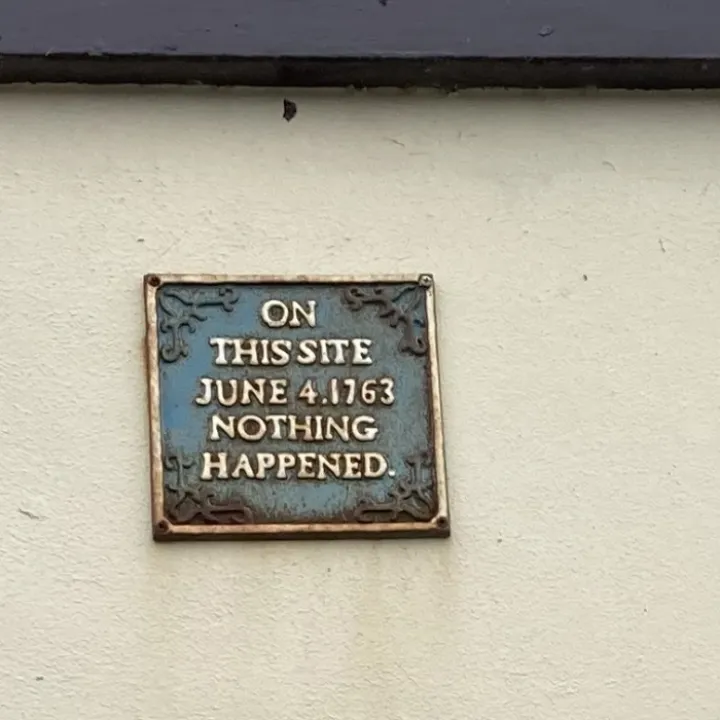


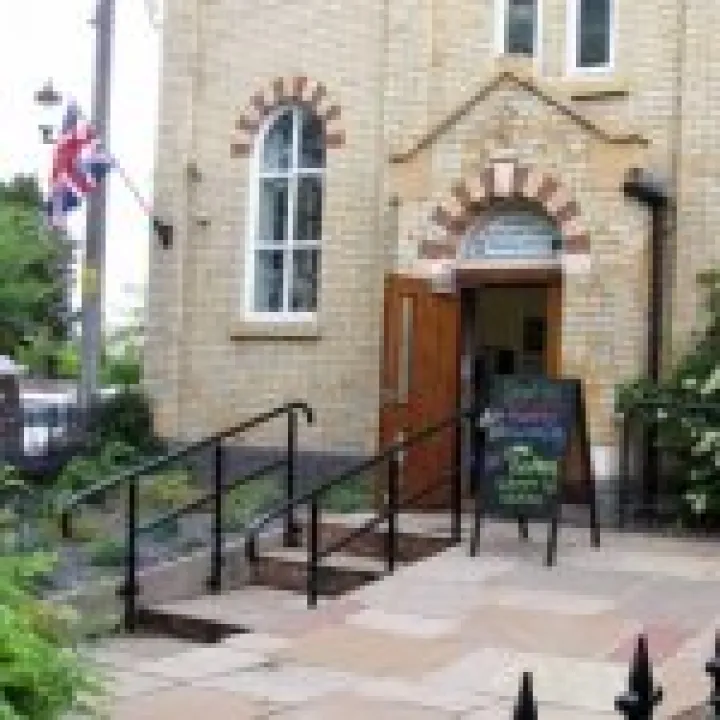


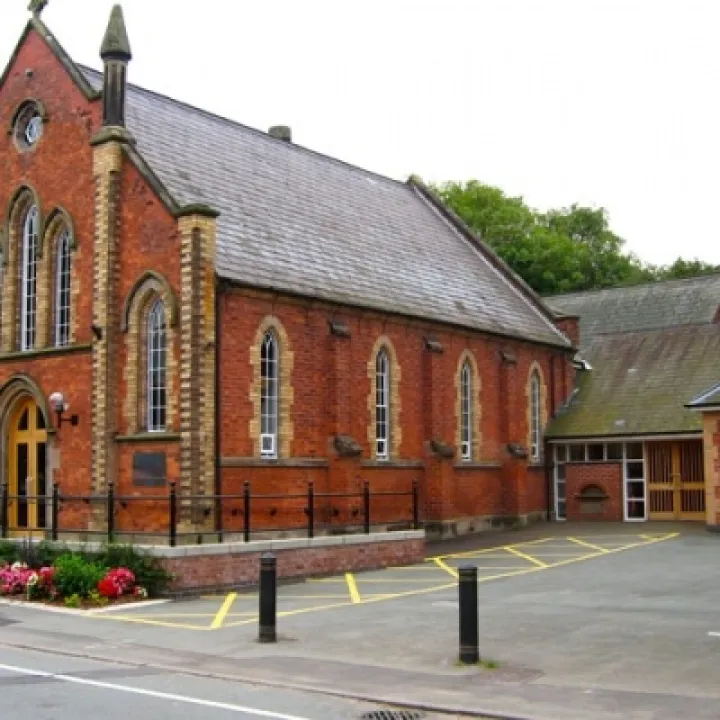

John Fielden 1784 – 1849
Most towns have produced at least one person of note. Todmorden, where I was born, is no exception. Passing over two Nobel laureates, and Jeff Love, the band leader, I mention the life of 'Honest John' Fielden, who went from child factory worker to wealthy cotton manufacturer, became member of parliament, fought for social reform and for the Ten Hour Act, which did much (by the standards of the time) to improve the lives of working people.
Two decisions taken by his father influenced John's life.
The first, two years before John was born, was to abandon hill farming with a side-line in woollen textile production and move into the Calder valley to begin a cotton business.
Second, Joshua Fielden, as a Quaker, refused to send his sons to any school affiliated to the Church of England, opting for a teacher who was both successful and illiterate, also a professed Radical, who inculcated his pupils with the French Revolutionary 'Liberty, Equality and Fraternity', and these became guiding principles of John Fielden's life.
Too late, Joshua, realised that his sons had become 'arrant Jacobins', withdrew them from school and put them into the family business, so at the age of ten, John was doing long hours of manual labour, something that made a lasting mark.
After Joshua's death in 1811 his business was continued so successfully by his sons, as Fielden Brothers, that by the 1820s they were building the world's largest weaving shed. The Fielden family became hugely wealthy and one of the largest Lancashire cotton manufacturers and John was heavily involved in running the business.
He also worked tirelessly in accordance with his religious belief and social conscience in Unitarian church matters, in improving education in the town, and, on a local and national basis, for parliamentary reform, extending the franchise and improving the lives of working people.
As well as producing cloth, Fieldens bought in pieces from the local handloom weavers and were aware of their financial plight as factory production depressed their incomes. In 1826 John Fielden chaired a meeting of Lancashire cotton manufacturers to try to agree some relief for these weavers by giving them a minimum piece rate. Before anything could be implemented, a large-scale outbreak of loom breaking began. Fielden told his brothers, "offer no resistance... something to eat and drink I fancy would do them more good than destroying the looms and I should offer it them".
Parliamentary Reform
In 1830 he became active in the final phase of agitation for parliamentary reform and in January 1831 he chaired the meeting at which the Todmorden Political Union was formed. The objectives of the Union included reform of the House of Commons, the abolition of slavery throughout the Empire and, rather optimistically, the repeal of all bad laws and the enactment of good laws.
The 1832 Reform Act created new parliamentary seats. Fielden and his friend William Cobbett were elected as Radical members of parliament for Oldham in the reformed parliament and he was now able to work for factory reform and in particular for a Ten Hour Act to limit the hours of work for women and children, and as a consequence, of the men who worked beside them.
In May 1838 the People's Charter was published and Fielden took up the cause, in September that year addressing a Lancashire Chartist demonstration on Kersal Moor near Manchester. He warned his audience that they may be offered some of the Charter's six points as long as the claim for universal male suffrage was dropped. He advised, "Keep to the one single point... The suffrage, and the suffrage only, should satisfy the working people of England". Fielden was a co-presenter of the Chartist petition to parliament in July 1839 and again in 1842.
From small beginnings John Fielden made a name for himself in business and in political life. His obituary in The Annual Register said of him that he 'was essentially the zealous, persevering, tenacious advocate of the cause of the labouring classes. Once a labouring man himself, his sympathies were with them always'. His is a life worth remembering.
Get In Touch
AudlemOnline is powered by our active community.
Please send us your news and views using the button below:
Email: editor@audlem.org


